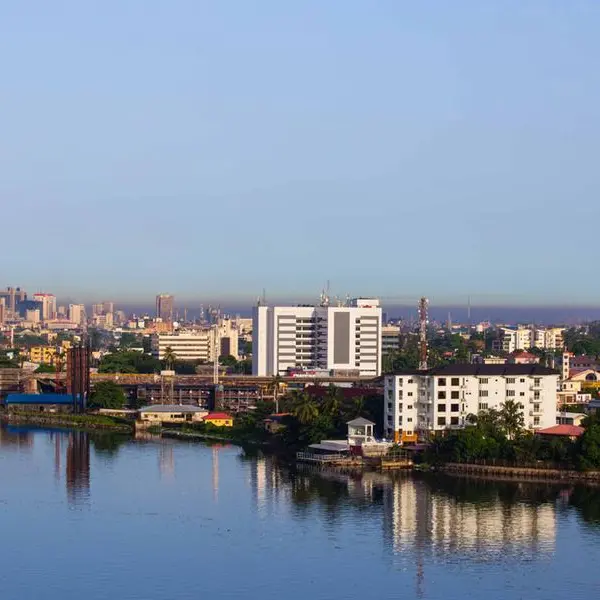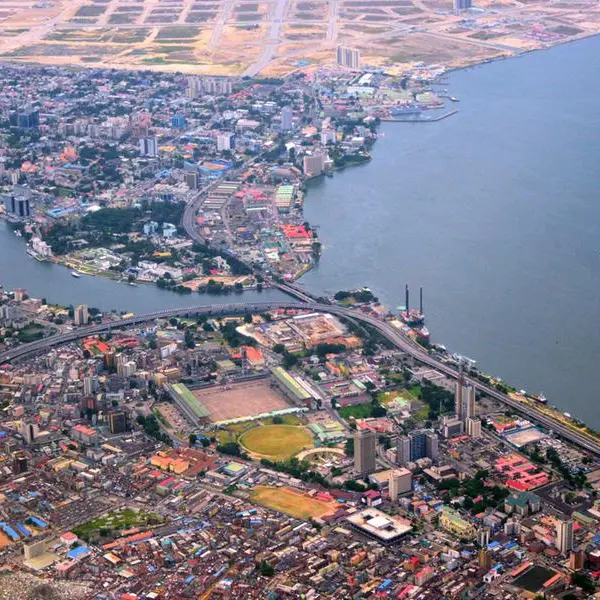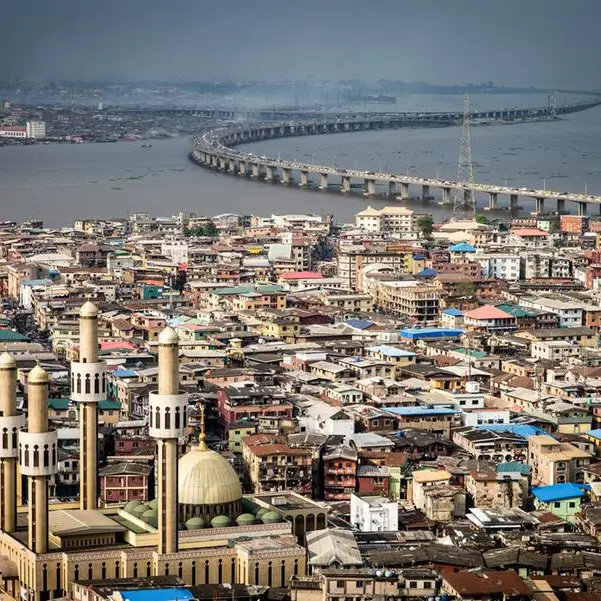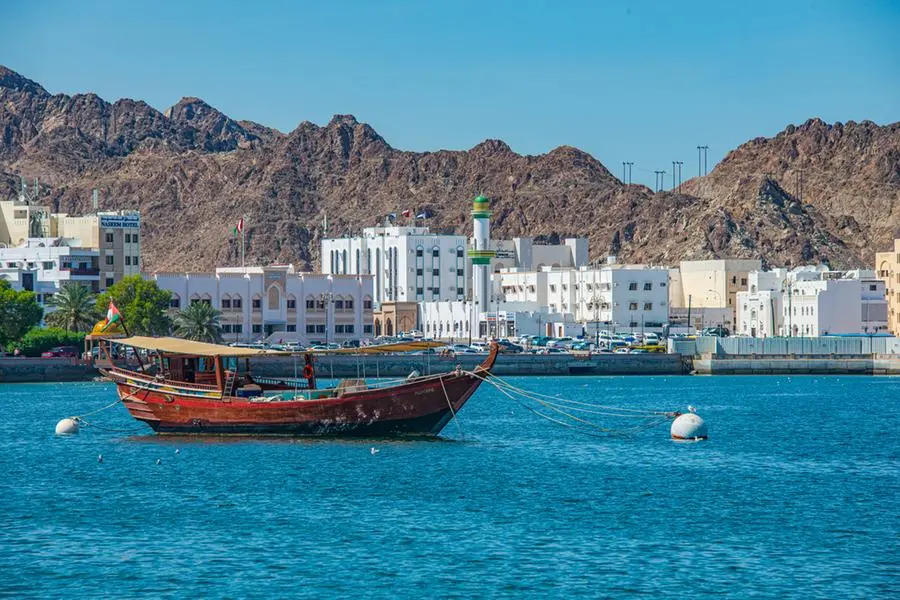PHOTO
Aerial daytime panorama of Harare city centre, Zimbabwe. Getty Images Image used for illustrative purpose.
It was being observed that Africa’s tourism landscape had taken a remarkable turn in 2024, driven largely by improved infrastructure, stronger digital connectivity, and coordinated national efforts that were steadily enhancing the continent’s visibility on the global travel map. Countries across the continent were said to be witnessing significant surges in international arrivals, with a growing number of travelers expressing interest in authentic, immersive experiences that blended nature, history, and culture.
Global Interest in Nature, Culture, and Coastal Heritage
Advertisement
There were indications that North Africa continued to dominate the tourism charts, with countries such as Morocco, Egypt, and Tunisia pulling in high numbers due to their strategic location near Europe and their extensive historic and coastal offerings. These destinations reportedly remained highly attractive to international visitors seeking a mix of the old and the scenic.
Meanwhile, East and Southern African nations, such as Kenya, Zimbabwe, and South Africa, were also said to retain strong appeal thanks to their unique natural reserves, iconic wildlife safaris, and breathtaking landscapes. The ongoing interest in these regions appeared to reflect travelers’ growing desires to engage with ecological and adventure-based tourism.
Art Events and Their Influence on Travel Narratives
In parallel to the rise in nature and heritage tourism, global observers were also pointing out how cultural events—like Gallery Weekend Beijing—were reshaping the travel ecosystem far beyond Asia. Events that connected art, science, and technology, particularly those that amplified women’s contributions in the arts, were said to be transforming urban centers into cross-cultural destinations. This trend was also noted as a catalyst in encouraging international travel, especially for those motivated by creative and intellectual discovery.
Highlighting the Tourism Surge: Countries Leading the Way
In terms of visitor statistics, 2024 reportedly saw record numbers for several African countries:
- Morocco – 17.4 million visitors: Travelers were drawn by its blend of cities, mountains, deserts, and cultural landmarks.
- Egypt – 15.7 million visitors: Renowned for its ancient wonders, Nile cruises, and historical depth.
- Tunisia – 10.25 million visitors: Attracted tourists with its Mediterranean beaches and archaeological treasures.
- South Africa – 8.92 million visitors: Its offerings included wildlife adventures, urban centers, and wine regions.
- Algeria – 3.5 million visitors: Visitors explored its deserts, historic towns, and Saharan architecture.
- Kenya – 2.4 million visitors: Continued to captivate with safari experiences and coastal getaways.
- Zimbabwe – 1.55 million visitors: Featured Victoria Falls, game parks, and cultural heritage.
- Mauritius – 1.382 million visitors: Well-loved for its tropical beaches and island lifestyle.
- Uganda – 1.372 million visitors: Known for eco-tourism, gorilla trekking, and natural reserves.
- Cape Verde – 1.2 million visitors: Gained fame for its volcanic terrain, musical culture, and island charm.
Evolving Preferences in Travel Motivations
Travel experts were said to be noting a significant trend in authentic and mindful tourism. Visitors were reportedly more inclined to connect with local heritage, participate in ecological preservation, and support community-based tourism models. These preferences were seen to be impacting how destinations positioned themselves and how marketing campaigns were designed for international travelers.
The Broader Implications for the Travel Industry
This surge in African tourism was said to be influencing not just individual travel plans but also reshaping itineraries, air routes, and hospitality development. New investments in transportation, accommodation, and digital platforms were being reported, especially in regions that previously lacked global visibility. These developments were expected to feed into a more connected and diversified global travel industry.
It was suggested that for those in the travel sector, from tour operators to content creators, Africa’s tourism revival presented untapped opportunities. Emerging markets, lesser-known attractions, and innovative travel packages were said to be gaining attention, signaling a broader shift in global travel flows.
A Reawakening of Global Curiosity
The data and developments observed throughout 2024 appeared to confirm that Africa was firmly reclaiming its space on the international travel map. Whether one was searching for adventure, relaxation, or historical immersion, the continent was said to be offering compelling reasons to explore.
This reawakening of interest in Africa was not seen in isolation but as part of a wider movement where travelers around the world were looking for meaningful journeys and deeper connections with the places they visited.
© Copyright The Zimbabwean. All rights reserved. Provided by SyndiGate Media Inc. (Syndigate.info).





















